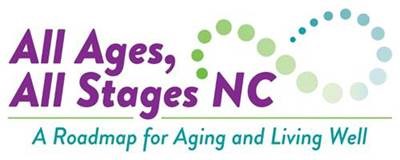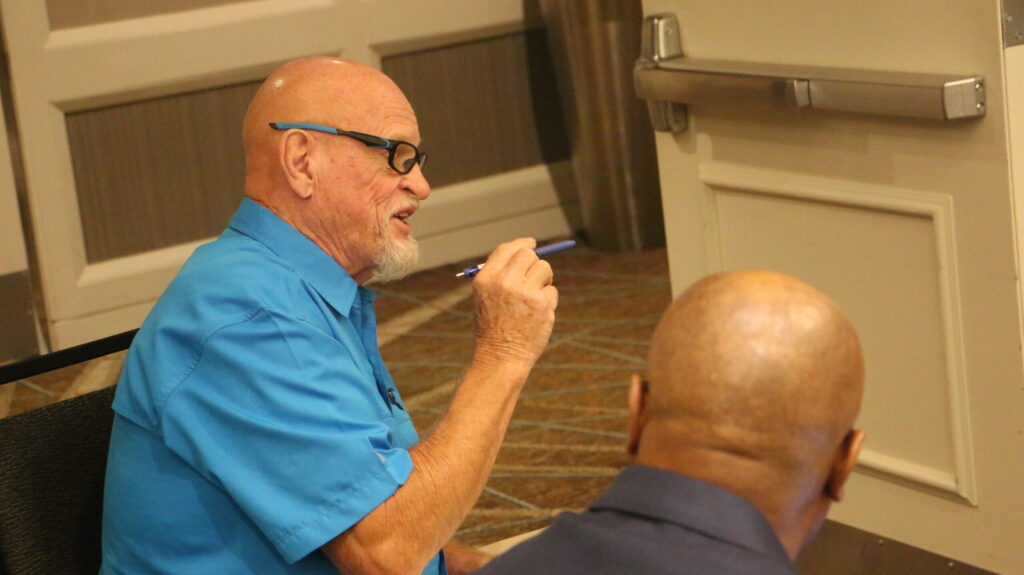Press Release/ October 2023

For the first time, North Carolina’s Department of Health and Human Services is joining with the American Society on Aging to acknowledge the newly established Ageism Awareness Day on Oct. 7, 2023. Modeled after the United Nation’s International Day of Older Persons, Ageism Awareness Day provides an opportunity to draw attention to the existence and impact of ageism in our society.
NCDHHS is hosting a virtual webinar event on Oct. 5 at 10 a.m. to help bring attention to the existence and impact of ageism in our society. To learn how to reframe aging in our communities, join the virtual Zoom event online.
The most widespread and socially accepted form of prejudice, ageism is defined by the World Health Organization as “the stereotypes (how we think), prejudices (how we feel) and discrimination (how we act) towards others or oneself based on age.”
“Ageism hurts us all. Getting older is something to celebrate — we have to learn to find joy in every stage of our lives,” said Joyce Massey-Smith, Director of the NCDHHS Division of Aging and Adult Services. “Older people are one of North Carolina’s greatest natural resources, and we are one of the most age-friendly states in the country. We are committed to honoring people of all ages through initiatives such as All Ages, All Stages NC and through our collective efforts, we will continue to stand up for older North Carolinians in the face of ageism.”
North Carolina has seen significant demographic changes in the 21st century, with a national ranking of 9th in population aged 65 and older. In 2021, one in six people in North Carolina were over the age of 65. That number represents 1.8 million adults, or 17% of the total population, in North Carolina. By 2031, there will be more individuals aged 65 and older than children under 18 in the state, according to the North Carolina State Center for Health Statistics.
“We live in an aging society, which is a wonderful, remarkable thing,” says ASA’s Interim President Leanne Clark-Shirley. “But too many of us view aging with fear, denial and even hostility. We are all growing older. We can’t afford to limit ourselves and other people with such negative and harmful views, and why would we want to? Let’s lean into the opportunities, diversity and full range of experiences that come with aging.”
Evidence shows ageism is widespread in society and can be found everywhere, from our workplaces and health systems to stereotypes we see on TV, advertising and in the media:
- There are many forms of ageism, including internalized, cultural, implicit and benevolent
- Ageism decreases quality of life and can shorten lifespan by 7.5 years
- Although it is universal, people do not always take ageism as seriously as they do other forms of inequity
- Ageism intersects with, and exacerbates, all other discriminatory “isms”
- In the media, underrepresented older adults most often reflect negative stereotypes
- According to the United Nations, on a global scale, one in two people are ageist


